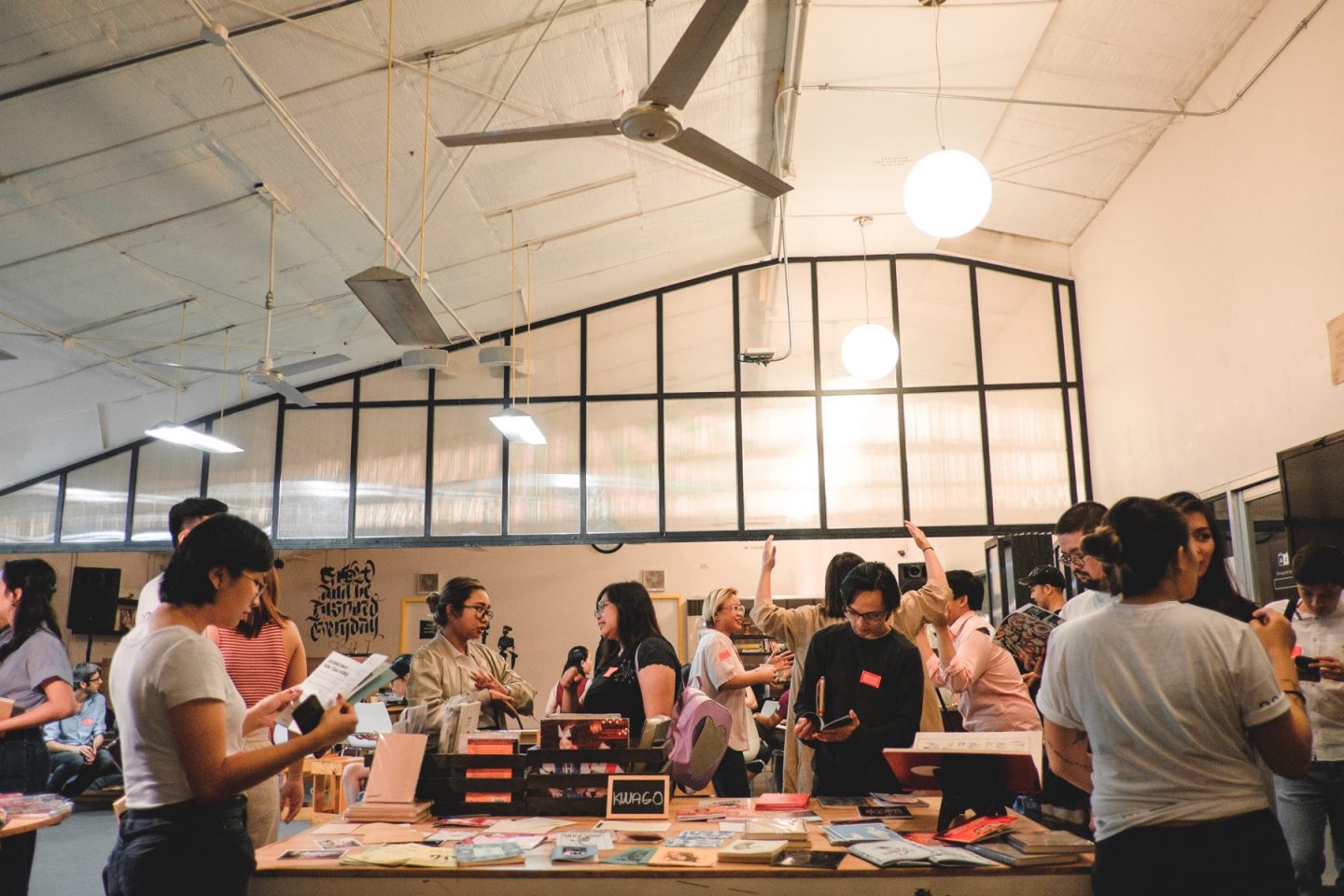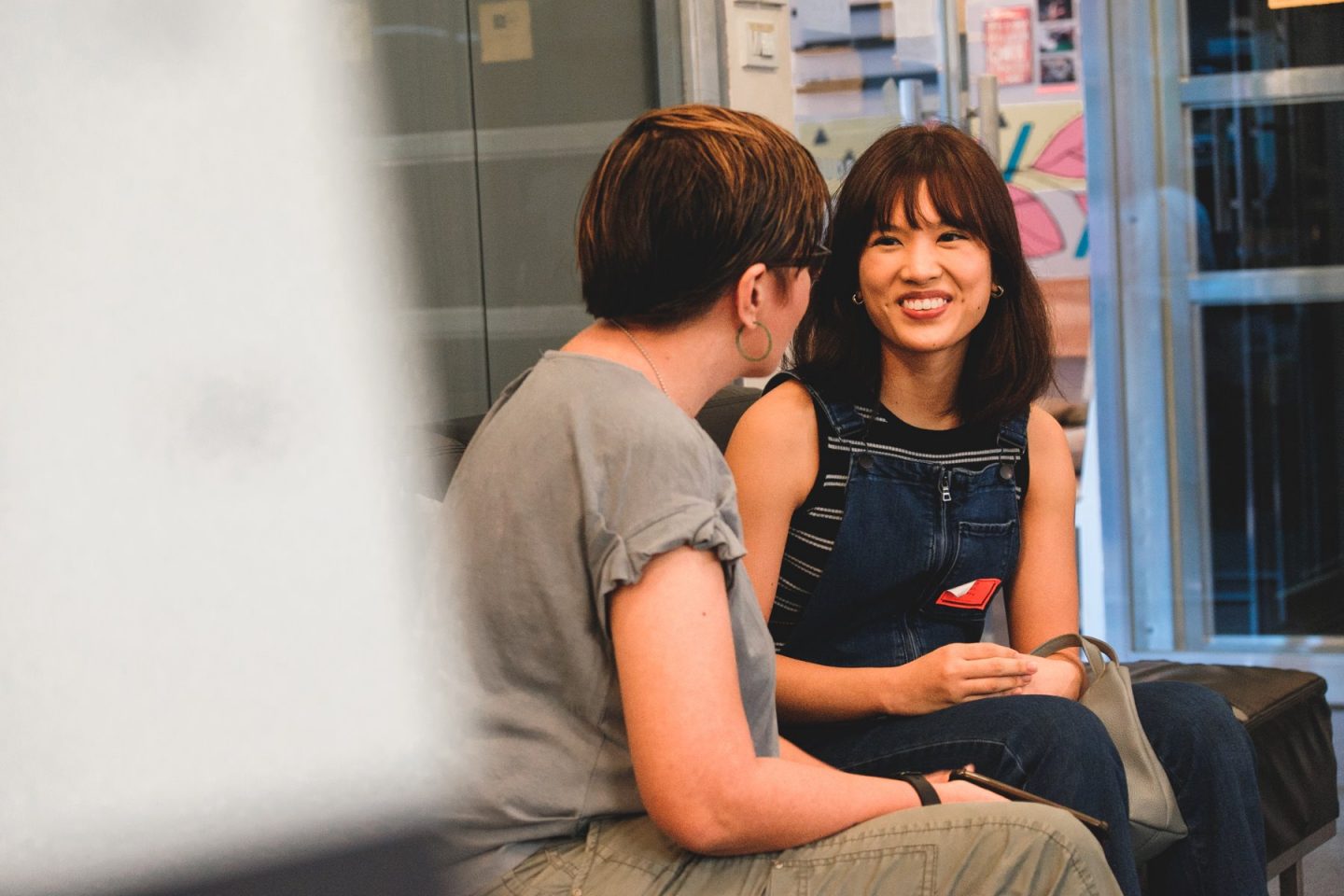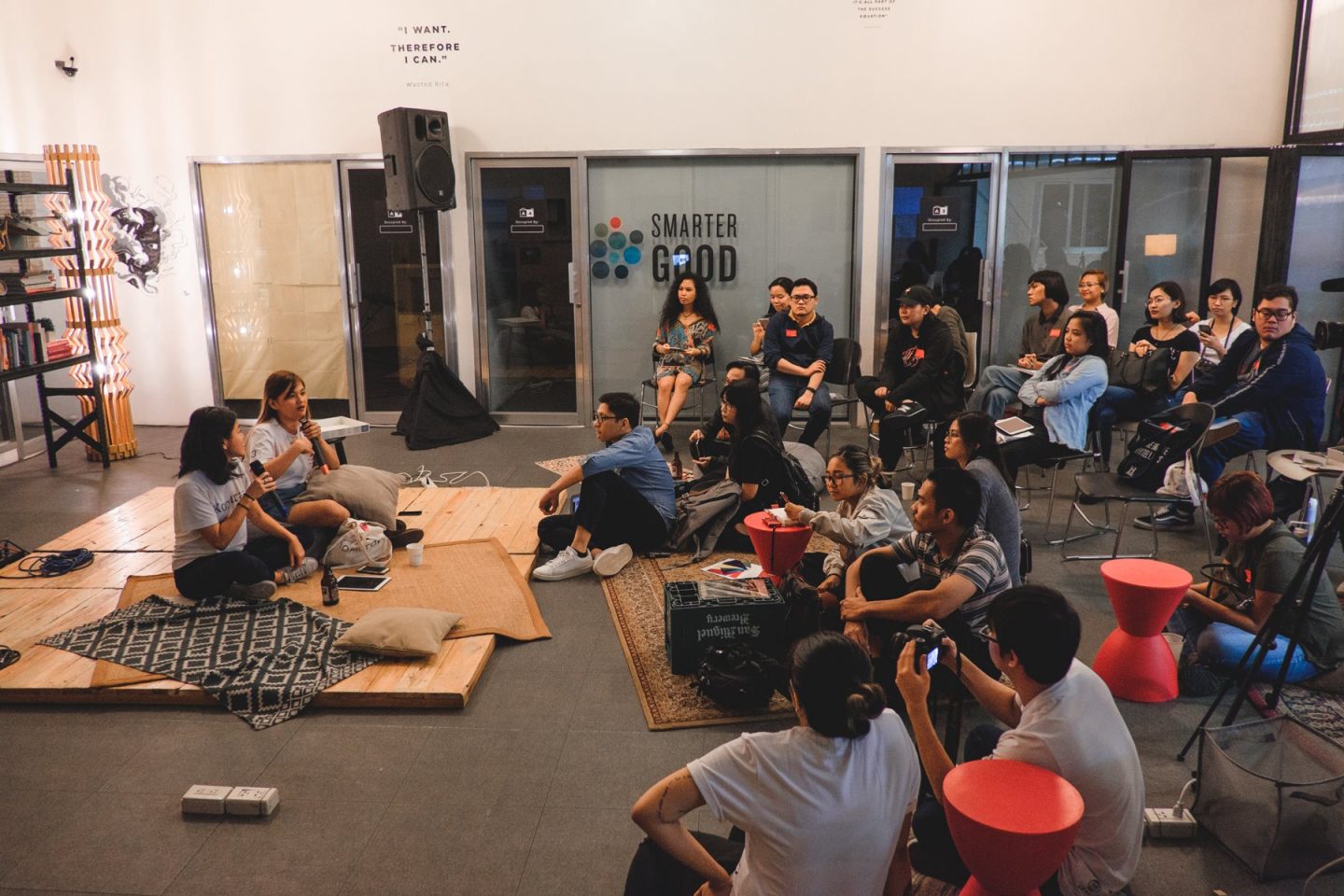Picture this: You wake up without the need for alarm, eat a full breakfast, go for a stroll around the park, and head back home at your own pace. That is the good life most creatives imagine for themselves. But let’s face it, it’s too good to be true.
Although we can aspire to live such life, the reality of being a creative is not that easy. At one point or another, creatives would find themselves clocking in for a 9-to-5 job, sitting in front of their computers doing tasks they don’t exactly delight in. After all, there are mouths to feed and bills to pay.
Even creatives are a victim to the “passion doesn’t always pay well” mentality.
Read more: What goes inside the mind of a creative?
There also comes a time, however, when passion gives you more than enough. Then, you’ll think, Maybe I can just leave my job and pursue my art practice, huh? It’s every creative’s dream. But as I mentioned earlier, it’s not that easy. Welp, nothing in this world is easy.
The reality of being a creative is not that easy.
But before you hand in that resignation letter, maybe reconsider your decision and try juggling your day job and your creative pursuit. After all, you need a steady flow of income to sustain your art (and maybe satisfy your endless cravings).
Read more: Don’t Delete That First Draft
Here are some pointers we gathered some pointers about the balancing act from Komura ; Studio’s first intimate conference held last Nov. 24 at Warehouse Eight.

Work around a schedule
Everyone has their own creative process. Some could work fast, while others let their ideas brew until they are ready to be drafted. Whatever works for you is okay. But at the end of the day, juggling between a full-time job and your passion projects, as spoken word artist and writer Kooky Tuason suggests, is a matter of working around a schedule.
Kooky does multiple projects at once, but she maintains her the balance between each one through thorough planning and organization. In the age of Google Calendar and other virtual organization tools, she still prefers to organize her thoughts through index cards. For her, creatives must also have a sense of urgency.
“I will not wait [for tomorrow to do something]. Kapag natulog ako at ginawa ko siya the following day, tatamarin na ako,” she says during her talk.

Find opportunities and grab them
The problem when you have a full-time job and you’re starting out in the creative field is the lack of platforms to present or even sell your work. Don’t ever use that as an excuse yourself from creating your own thing.
Artist and UP Fine Arts faculty member Rommel Joson says it’s a good practice to apply for grants. It’s not just a strategy to put your work out there, but it also helps you gain potential monetary support for your projects. Rommel, for instance, recently made a takatak-inspired zine with support he got from Komura; Creators Grant.
Once you get a client or perhaps a grant, give that very first project your best. It’s a springboard for your creative pursuits, anyway.
The hard part in embracing a creative career is “thriving and sustaining” your art and your finances.
Have an exit strategy
“In my case, I resigned,” Rommel says when asked about balancing a day job and his projects. “Find pockets of time during the day [to practice your art],” he suggests. But if your job becomes too demanding that you can’t really find time to work on your passion projects, quit with a plan.

As Rommel says, the hard part in embracing a creative career is “thriving and sustaining” your art and your finances.
If possible, find a job that doesn’t demand too much from you. It’s okay if it’s not the job you want as long as it leaves you with enough time and resources to finance both your art and your basic needs (and wants). If you’ve developed a pool of clients, you can also test the waters for the possibility of doing creative work full-time. Just be brave. You can do it. We can do it.
Photos courtesy of Komura ; Studio
Header art by Marx Fidel

























Comments